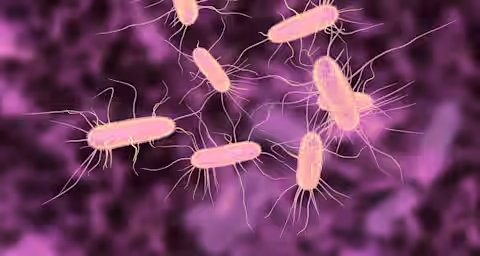Exposure to E. coli bacteria (Escherichia Coli infection O157) can be devastating to young children and the elderly and can be fatal.
Jill Greenfield, Claire Glasgow, Harvinder Kaur and the team are currently dealing with the 2014 Huntley's Country Stores outbreak and previously supported victims of the 2009 Godstone farm outbreak. Several children exposed suffered renal failure and are at risk of serious health conditions in the future.
Jill pursued a claim on behalf of a young boy who suffered serious brain damage following a trip to an open farm. A multi-million pound settlement was agreed to pay for his care and housing. She also represented two young boys in Yorkshire, infected after eating Sainsbury's burgers.
Jill has worked with the world's leading experts in E. coli O157, including Lothar Beutin in Berlin. She was invited to speak to members of the Royal Society for the Protection of Health and campaigns for better awareness of the dangers of E. coli O157.
Our award-winning team believes in putting clients first. We are dedicated to achieving the best results possible and pride ourselves on our sensitive approach. Any of our E. coli O157 claims experts below will be pleased to discuss your case and offer free advice over the phone.














